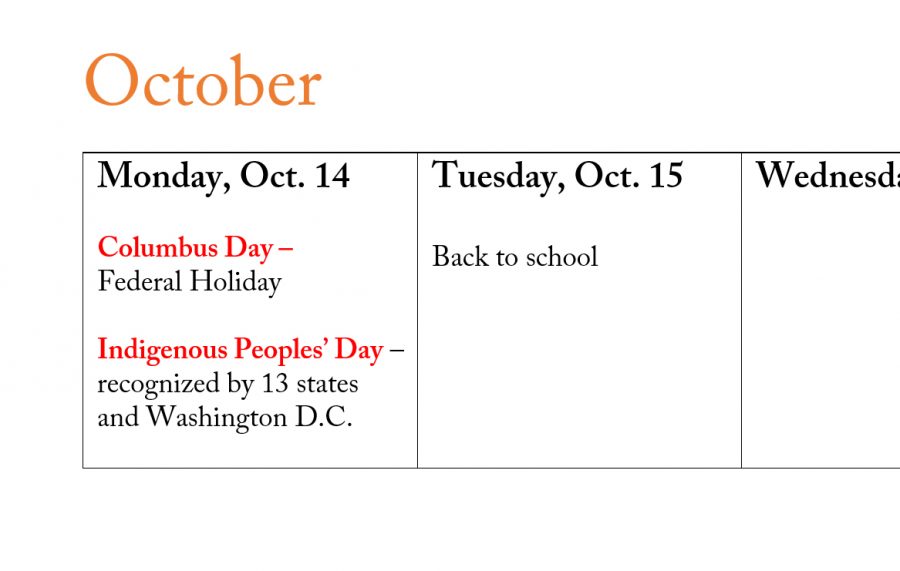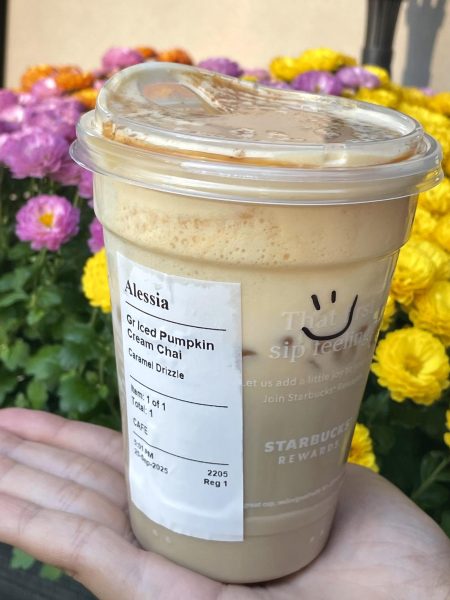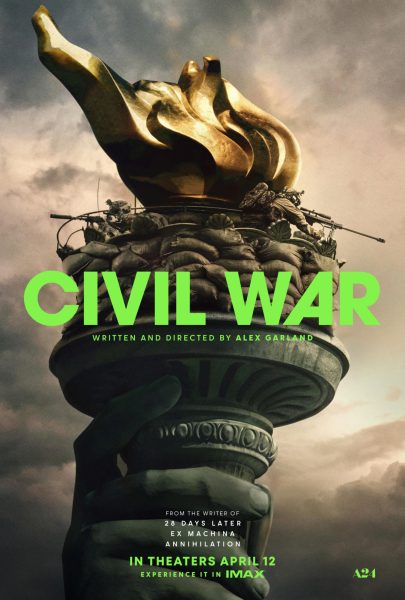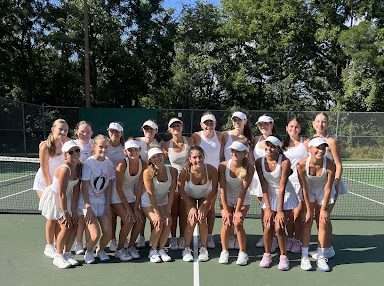Opinion: Columbus Day is here, but should we rethink what we are celebrating this day?
Numerous students at West are excited for the day off today. However, through all the elation, the question still remains: What is this holiday really all about?
Throughout the majority of schools in the United States, Christopher Columbus is best known for taking his place in the minds of students as the man who discovered the Americas in 1492. However, in this stance itself, there are multiple places where a student can dig deeper on what Columbus truly contributed and determine to what extent they believe he found the Americas. Many states, however, have renamed this day as Indigenous Peoples’ Day, which celebrates and highlights Native Americans along with their struggles and contributions.
According to Royal Museums Greenwich, Columbus was born on a seaport in the city of Genoa in Italy, and throughout his childhood, he was able to gain experience on the sea and become a sailor. He then moved his life to Lisbon, Portugal and worked with King Ferdinand and Queen Isabella to finance a journey he would take to the East. His primary goal was to bring goods and resources back to Europe. As mentioned by St. John’s College of the University of Cambridge, in taking this trip, Columbus had then decided to sail West as he had previously read the works of Ptolemy, and avoided the expedition around Africa. To do this, Columbus was provided the Niña, Pinta, and Santa Maria. At the end of his journey, he had believed that he had landed in the Indies, but actually, he had reached the Bahamas.
Besides this journey, Christopher Columbus has done many things that have had a huge impact on the history of the world, which, as reported by The Ohio State University, include exploring Hispaniola (now known as Jamaica), discovering pearls at the Cape Verde Islands near Trinidad, and being imprisoned by Francisco de Bobadilla.
Despite Columbus’ history, there is controversy around celebrating the day in his honor. The U.S. Office of Personnel Management states that Columbus Day is a federal holiday. However, many states are deciding to rename the holiday Indigenous Peoples’ Day. The following states and the District of Columbia have officially renamed today as Indigenous Peoples’ Day:
▪︎ Alaska
▪︎ District of Columbia
▪︎ Hawaii
▪︎ Idaho
▪︎ Maine
▪︎ Michigan
▪︎ Minnesota
▪︎ New Mexico
▪︎ North Carolina
▪︎ Oklahoma
▪︎ Oregon
▪︎ South Dakota
▪︎ Vermont
▪︎ Wisconsin
Many states in the U.S. celebrate Indigenous Peoples’ Day as a way to reject and castigate the actions of Columbus. The History Channel explains that Columbus participated in the “enslavement of Native Americans” and was given “credit for ‘discovering’ a place where people already lived.” Through establishing Indigenous Peoples’ Day, states can bring attention to the history of Native Americans.
The Center for Native American Youth reports that there are 573 tribes that the United States federally recognizes. Native Americans’ innovations have greatly influenced many cultures around the world. Scholastic states that foods domesticated by the Natives were “major staples in the diets of peoples all around the world.” Further, politically, Native American governments in North America were “models of federated representative democracy to the Europeans and the American colonists.” Educationally, the Mayans “appear to have been the first to use the zero in mathematics.” These are only a small number of examples of the significance of indigenous people, and it is a clear motive for states to switch the holiday to Indigenous Peoples’ Day.
Just recently, the government of the District of Columbia had voted upon renaming Columbus Day to Indigenous Peoples’ Day as a result of the constant pushing of David Grosso, an at-large council member, who expressed a want for this change for five years.
Salt Lake City decided, instead of renaming the holiday, to create the new holiday of Indigenous Peoples’ Day the same day as Columbus Day. According to Independent, a news site, Stan Penfold, a council chairman of the Salt Lake City council, said, “Celebrating the two holidays the same day is a way to inform our understanding of each other’s contributions to our national fabric without demeaning the significance of either.”
Students at West should contemplate upon what they see as the true purpose of today. Provided all this background knowledge of Columbus and the arguments made to support Native Americans, students can see the break from school with more perspective.

Olivia Edakkunnathu is a senior at Glenbard West and is a features editor for The Glen Bard. Along with writing for the newspaper, she is a part of STEM...







